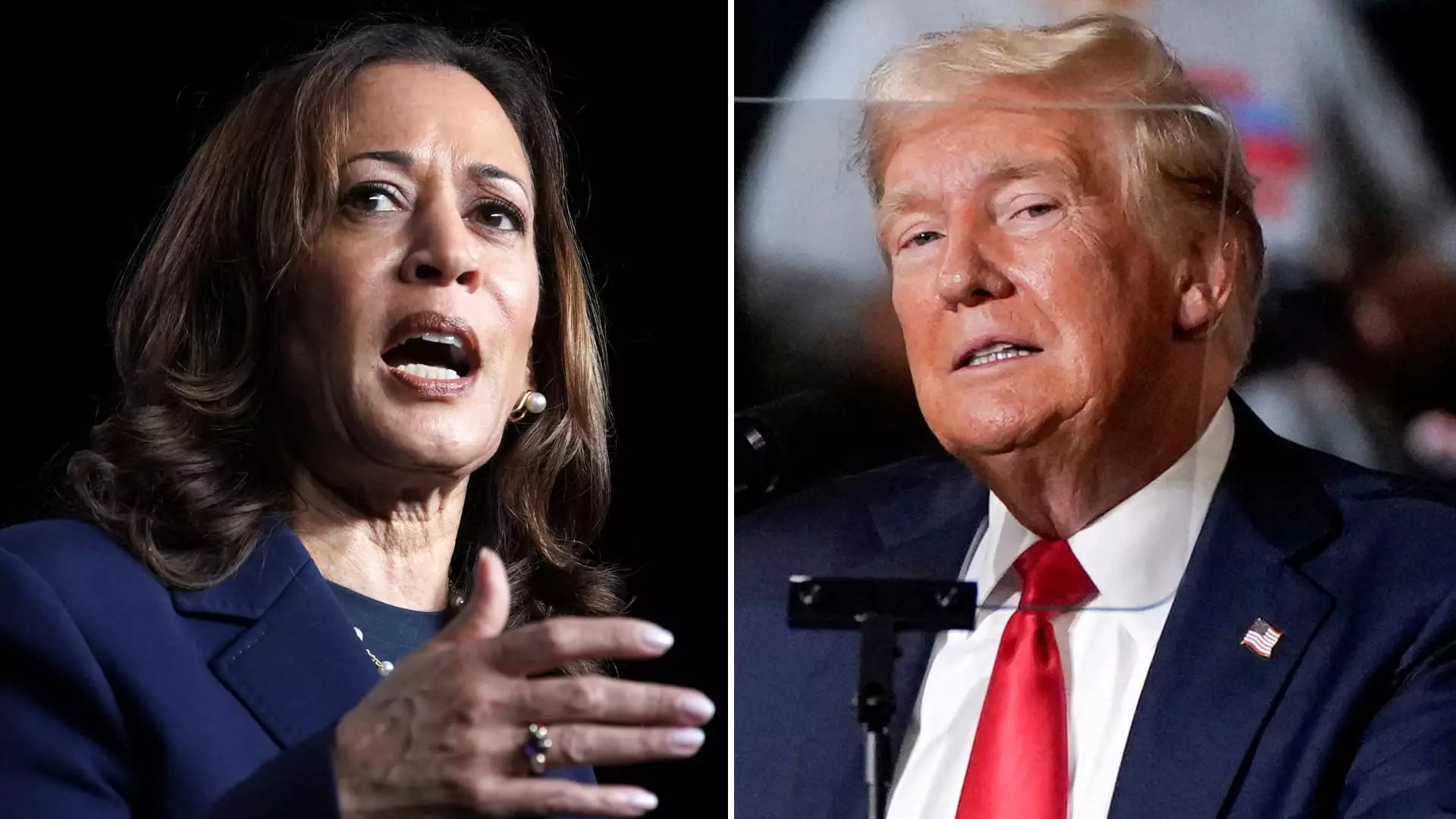During a recent campaign rally in Las Vegas, Vice President Kamala Harris made a pledge to eliminate taxes on tips for workers in the service and hospitality sectors if she were to win the presidency. This proposal echoed a similar idea put forward by former President Donald Trump months earlier in the same city. Both candidates aimed to appeal directly to voters in Nevada, a crucial battleground state where the hospitality industry plays a significant role in the state’s workforce.
The Potential Benefits
The promise of tax-free tips for service and hospitality workers has garnered attention and support from various groups, including the Culinary Workers Union in Nevada. Supporters believe that eliminating these taxes could help ease the financial burden on low-wage workers and contribute to a fairer distribution of income within these industries.
However, critics have raised concerns about the feasibility and implications of such a policy. One major issue is the potential loss of federal revenue, estimated to be between $150 billion and $250 billion over the next decade if taxes on service tips are eliminated. This loss could have significant consequences for government programs and services that rely on this revenue.
The Debate over Impact
Additionally, some economists argue that a tax-free tip policy may not effectively achieve its intended goal of benefiting low-income workers. They point out that only a small percentage of low-income workers are in tipped jobs, and many of these workers are already exempt from paying income tax due to their low earnings. This raises questions about the effectiveness of the policy in targeting those who truly need financial relief.
Furthermore, critics worry that a tax-free tip policy could create a hierarchy of low-income jobs within the service and hospitality sectors. This could lead to employers favoring tipped positions over non-tipped roles, potentially exacerbating income inequality and affecting overall wage structures within these industries. There is also concern that employers may exploit the policy by encouraging more tipping instead of raising wages, leading to a shift in worker compensation practices.
While the proposal to eliminate taxes on tips for service and hospitality workers may seem like a well-intentioned effort to support low-wage employees, it is essential to carefully consider the potential consequences and challenges associated with such a policy. Balancing the interests of workers, businesses, and government revenue will be crucial in determining the viability and impact of tax-free tips in these sectors.


Leave a Reply